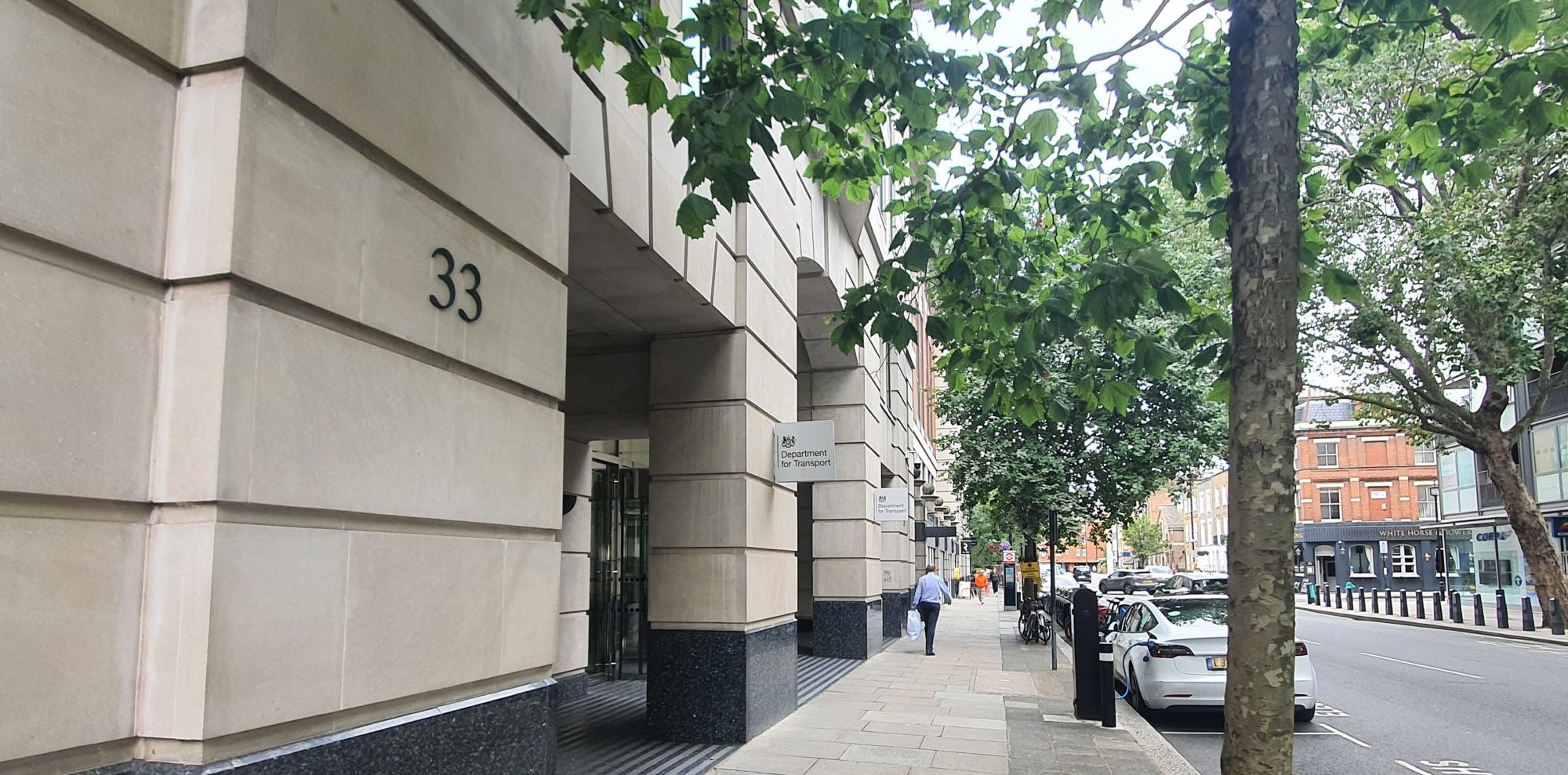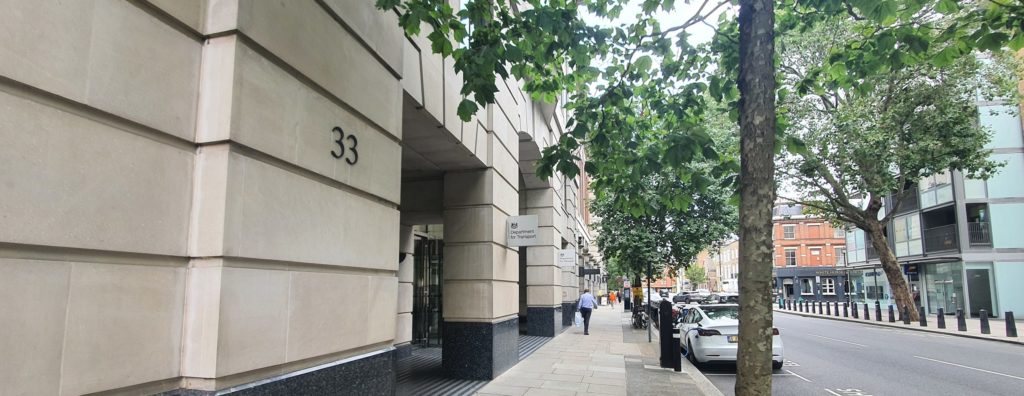post by Kuzi Makokoro (2022 cohort)
Reflecting upon my placement, a key lesson around the most important decision to make before starting a placement, was to consider the specific skills and experiences I hoped to gain. This past summer, I had the opportunity to partake in a placement with my industry partner, Co-op, which turned out to be a remarkable and invaluable experience for my professional and academic growth.
Before finalising the arrangements for the placement, including setting the dates, duration, and defining the project, a series of discussions took place between my supervisors and me. We assessed the multitude of opportunities that this placement could offer. It was during these deliberations that the versatility of a placement’s benefits became apparent to me. One option is to align the placement activities with your ongoing PhD research, ensuring that the work is not only relevant to your academic pursuits but also meets the strategic needs of the industry partner. This synergy often results in a mutually beneficial outcome that propels your research forward. Another approach could be to take a break from academic work to gain a breadth of experience in the industry, thereby expanding your professional network and engaging in projects that are also of interest to you.
Having spent the last nine years in commercial roles within various industries and capacities, I was already familiar with the dynamics of industry life. This pre-existing industry experience informed my decision to select a project that complemented my PhD research. Once I made this strategic choice, the focus shifted to pinpointing a suitable project. After numerous consultations, we collectively decided to concentrate on the Healthy Start Scheme—a government- initiative designed to aid low-income families with children under four by providing them with essential foods like milk, fruits, and vegetables. This project was not only crucial to my industry partner but also resonated personally with me, as it underscored the meaningful impact of data-driven initiatives on societal well-being.
The research objectives for the placement were ambitious: to utilise predictive analytics to predict the uptake percentage of the Healthy Start Scheme using food insecurity measures and to apply machine learning techniques to identify and understand the factors that influence uptake significantly. Working in conjunction with an industry partner meant that the practical application of my research findings could potentially aid the partner in supporting and promoting the scheme more effectively.
Entering the placement, I had certain preconceptions about how the experience would unfold, the nature of the work I would engage in, and the interactions I would have with various stakeholders. However, the practical aspects of my placement differed from my initial expectations. I quickly realised that my chosen topic necessitated a more independent working style, with periodic contributions from my industry partner rather than continuous collaboration. This shift led me to a new understanding of the role of a researcher in a consultative capacity, working in partnership with an industry entity. The experience also allowed me to lead a research project autonomously and understand the nuances of impact work. My responsibilities included initiating regular meetings with my contact at Co-op, seeking input and assistance from the wider team when needed, and managing the project’s pace and milestones.
In hindsight, although the timing of the placement originally seemed appropriate, I later reflected on whether doing it later on in my PhD program might have allowed for a richer output. The project demanded proficiency in skills that I had not yet mastered at the time, necessitating a steep and rapid learning process. This included developing an understanding of predictive analytics methodologies, acquiring proficiency in programming languages such as Python, learning about digital data collection techniques, and interpreting complex model results.
Consequently, what was initially set out to be a three-month placement evolved into a five-month project, as additional time was required for me to learn, adapt, and then effectively engage in the research. I adopted various learning strategies, such as the accelerated learning techniques outlined in Jake Knapp’s book “Sprint: How to Solve Big Problems and Test New Ideas in Just Five Days,” which aided me in assimilating new information rapidly, trialling different approaches, and breaking down the project into smaller, more manageable tasks. Ultimately, I was able to enhance my skill set and produce actionable insights from the project, though a better approach to defining deliverables within the given timeframe would have been advantageous.
The research outcome was insightful; we identified several strong predictors within the model, such as income deprivation and language proficiency, as well as intriguing variables like household spending on fish and the caloric density of purchases. We explored various ways in which my industry partner could leverage these insights to better support the Healthy Start Scheme in communities where it is most needed.
In summary, the placement was a journey of adapting to a different work environment, setting pragmatic goals, and scaling up professionally. This learning experience has been instrumental in advancing my PhD work. It reiterates my initial emphasis on the importance of understanding what you seek to achieve from a placement. Although I had not initially set out to acquire these specific skills through the project, they have proven to be of great value as I continue with my PhD journey. Looking ahead, I am excited about the prospect of converting this project into my first published academic paper.



